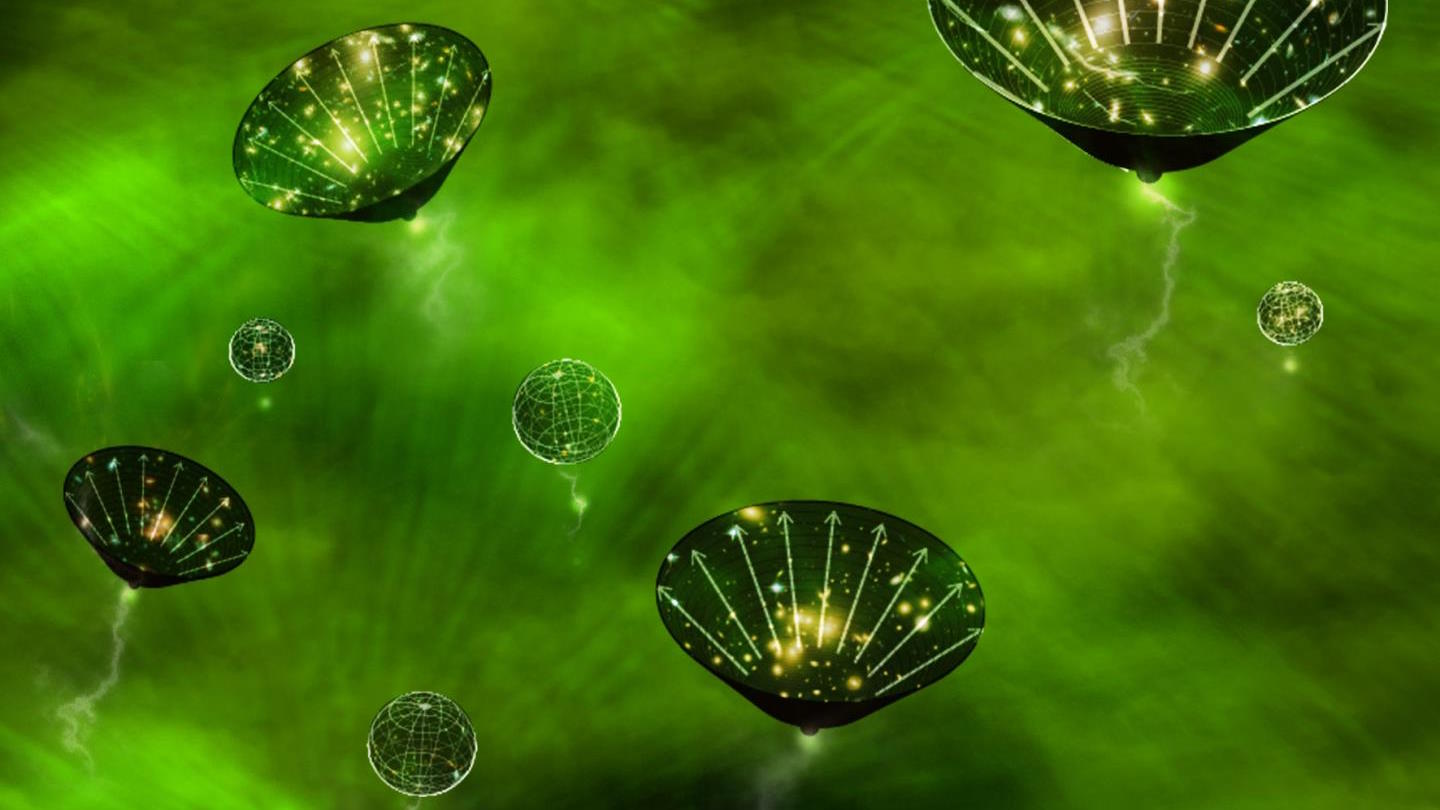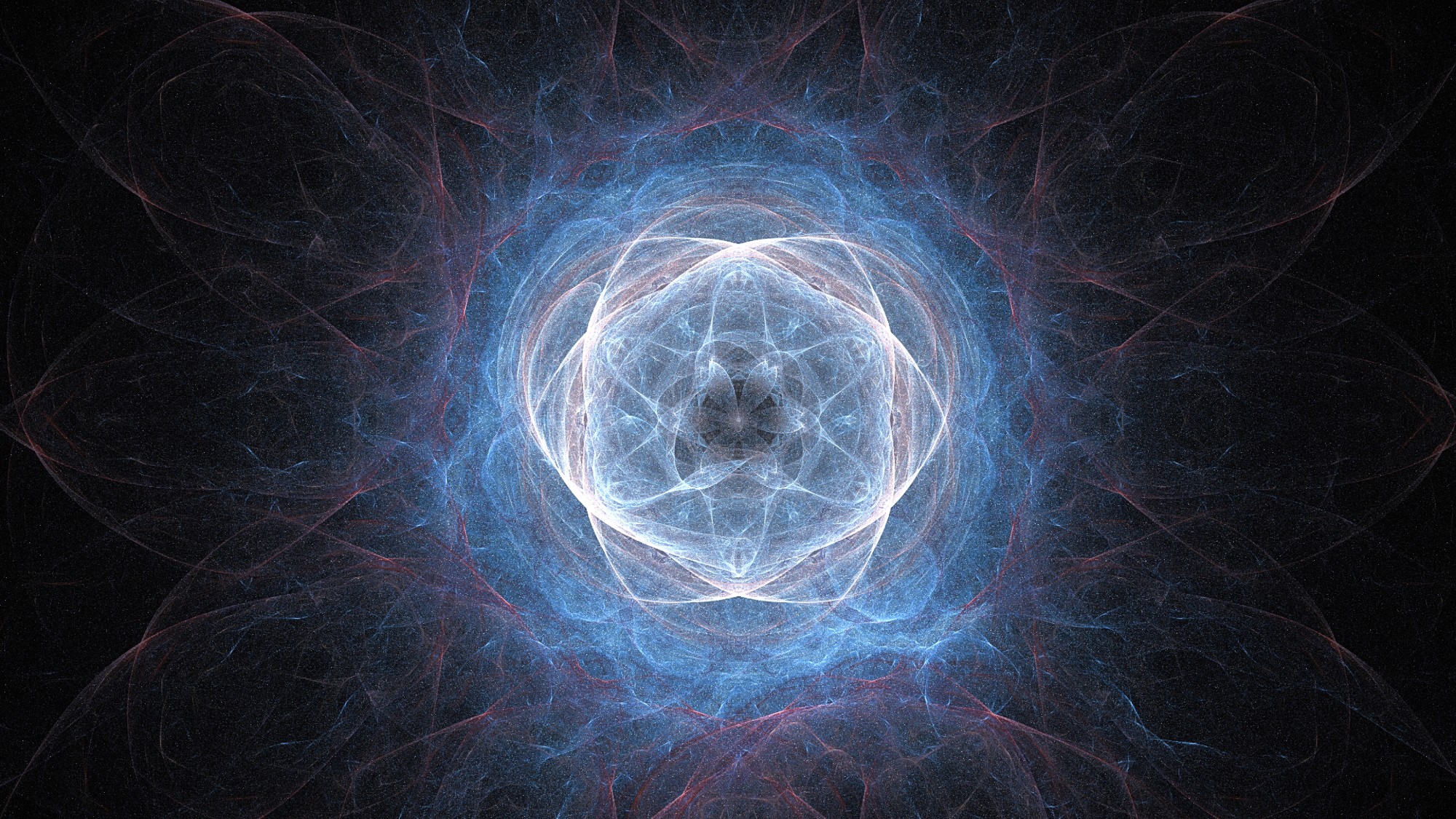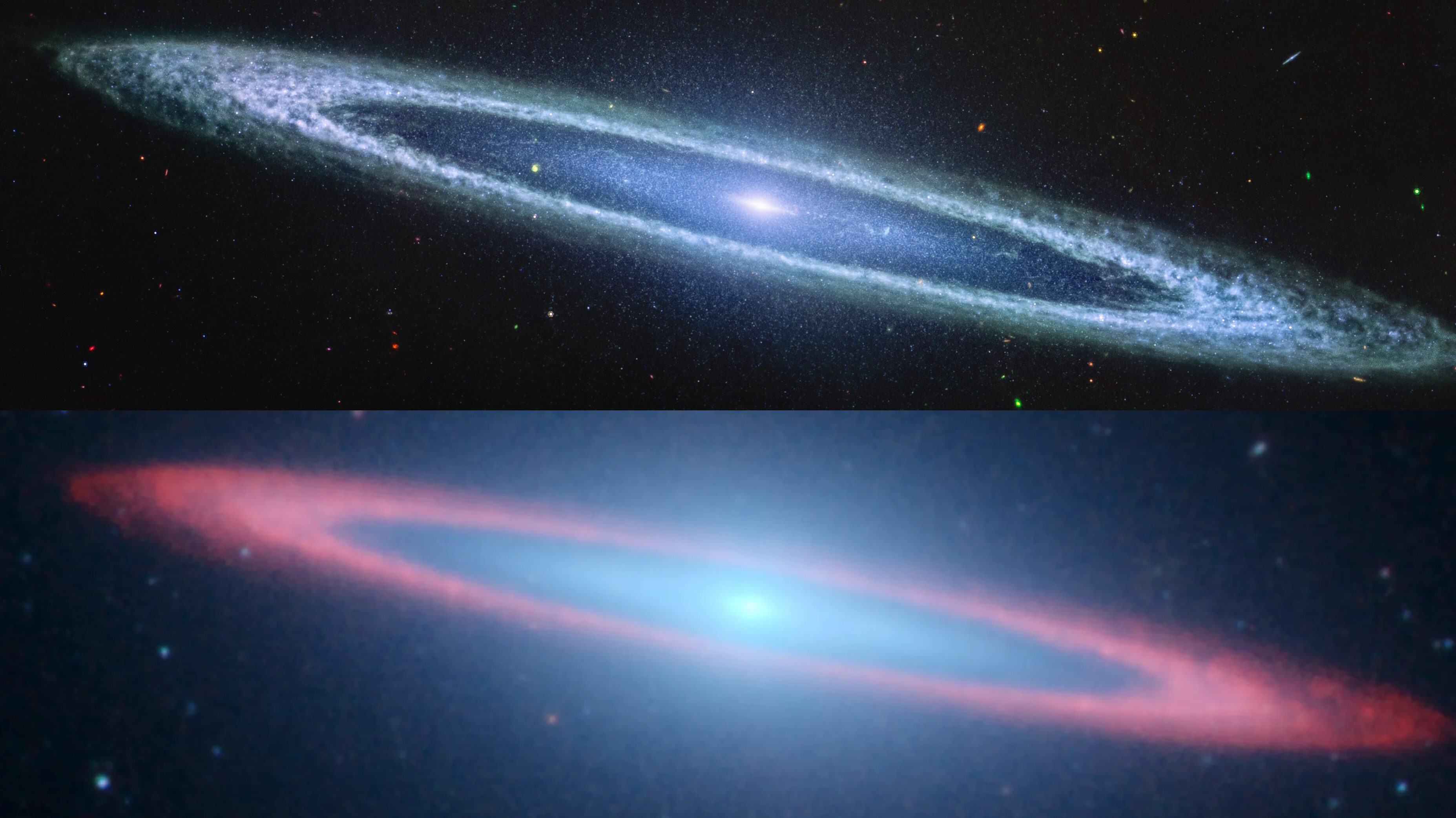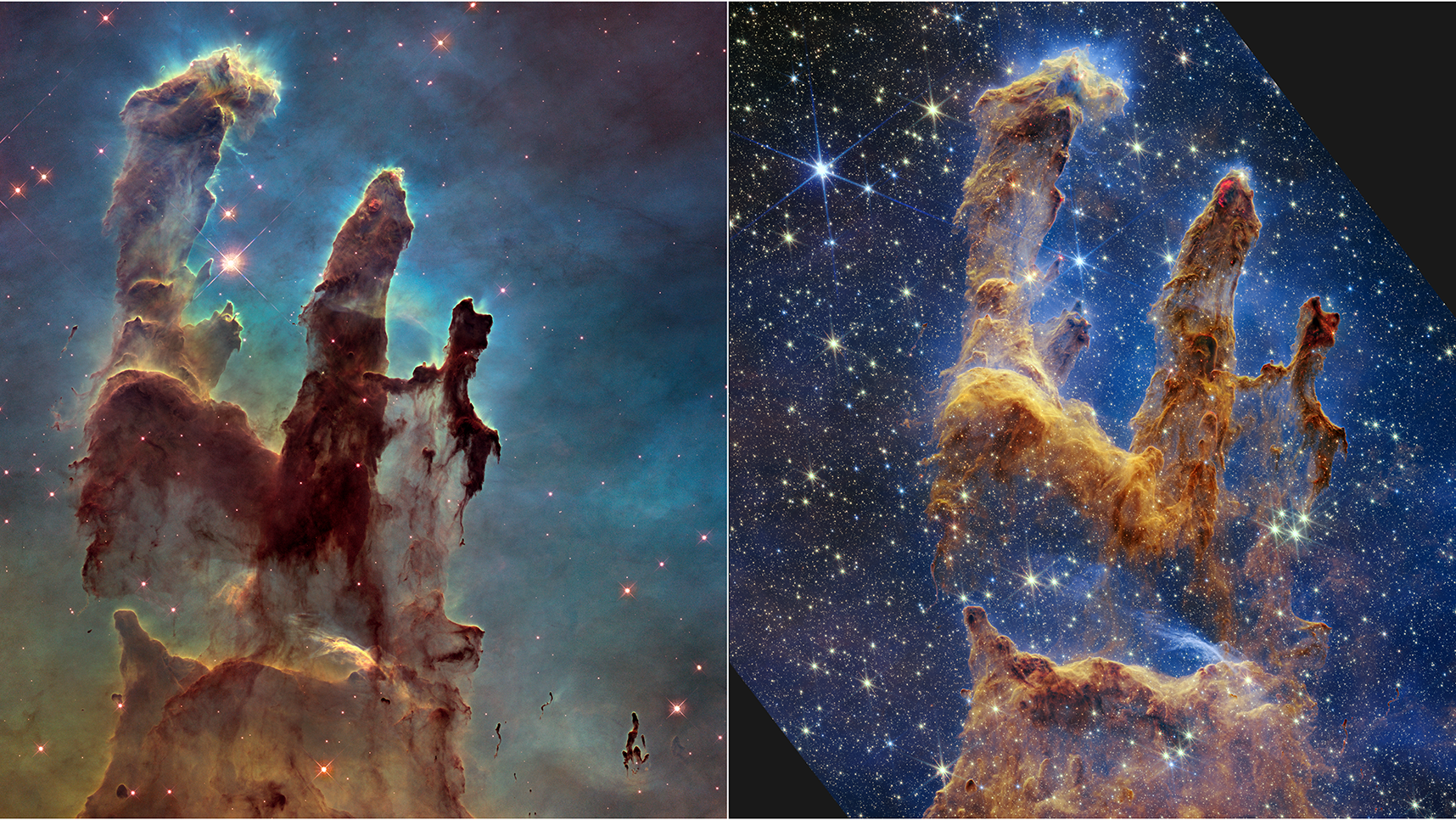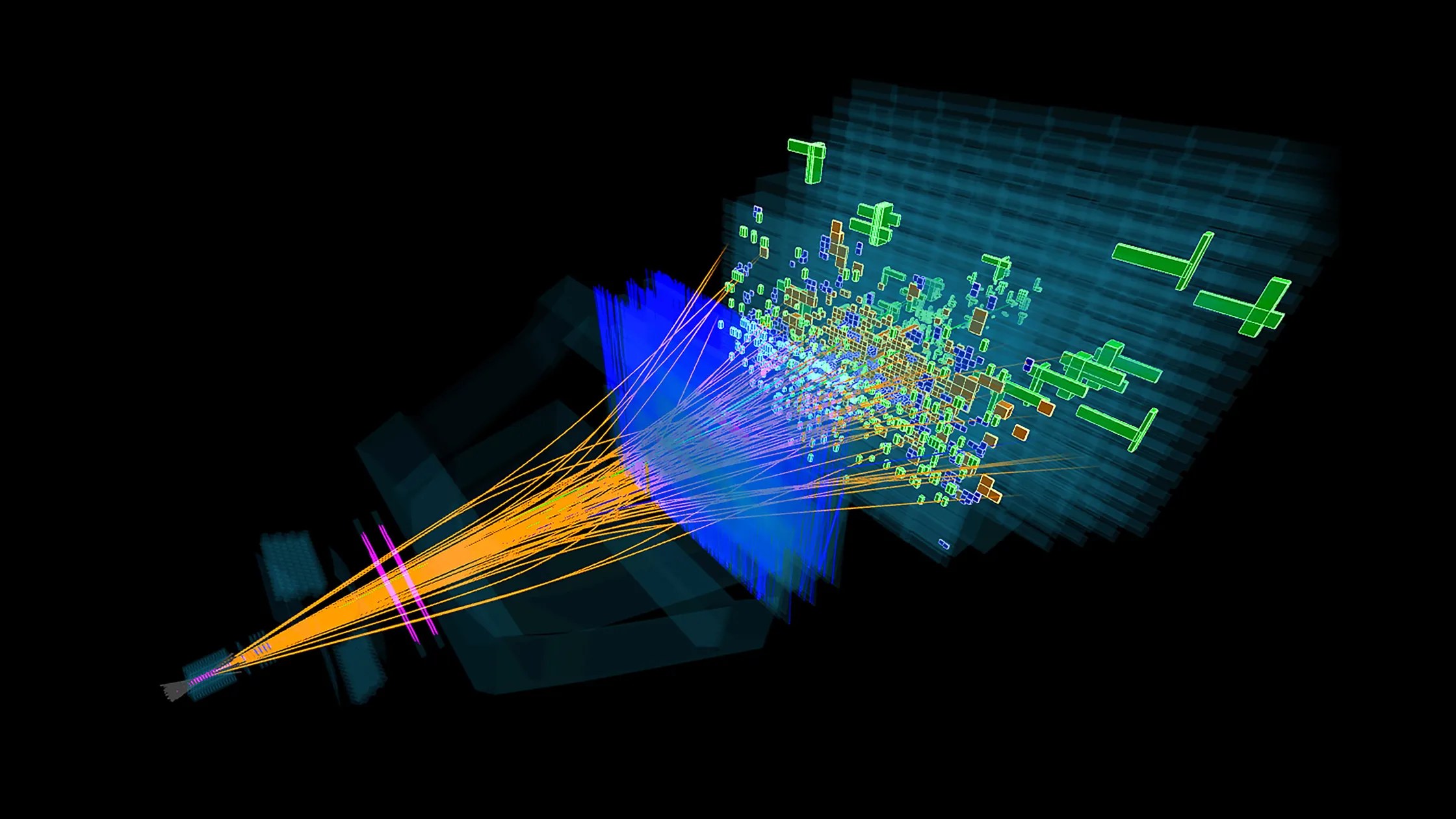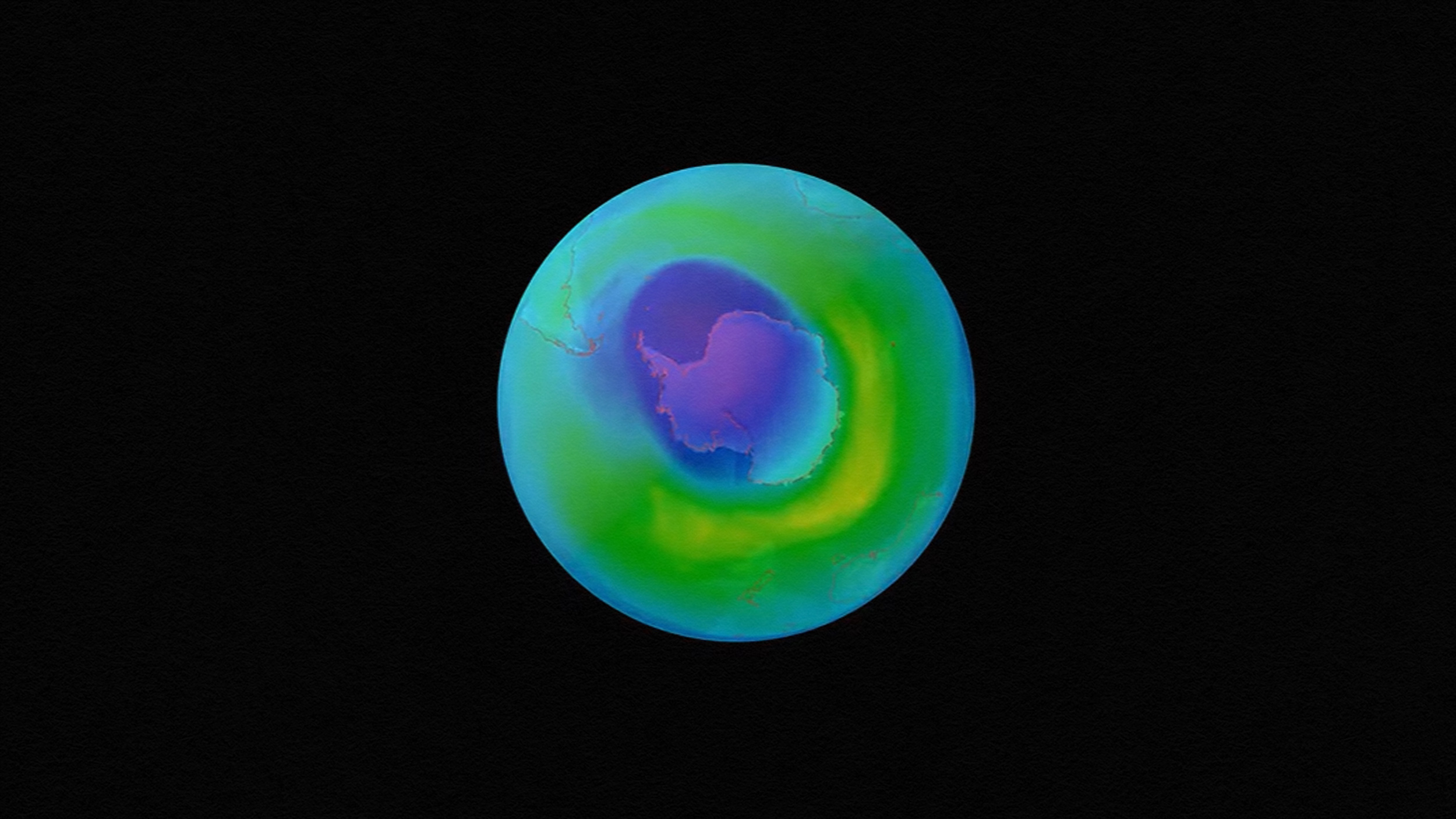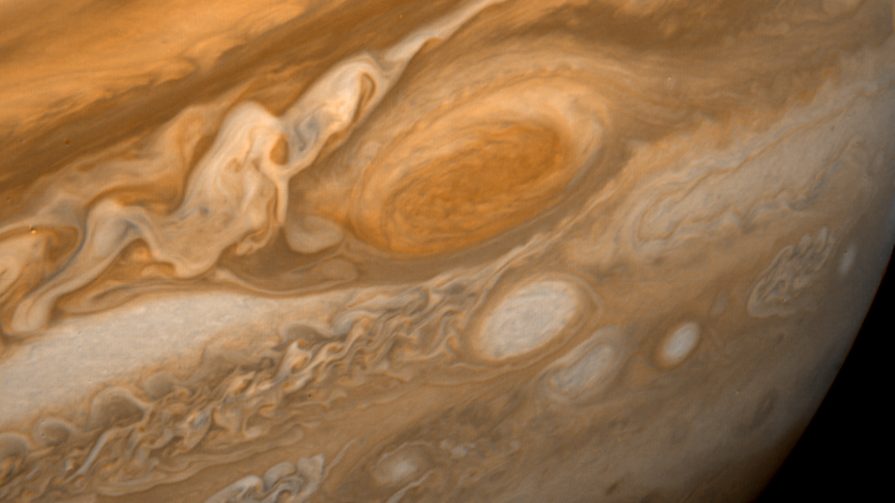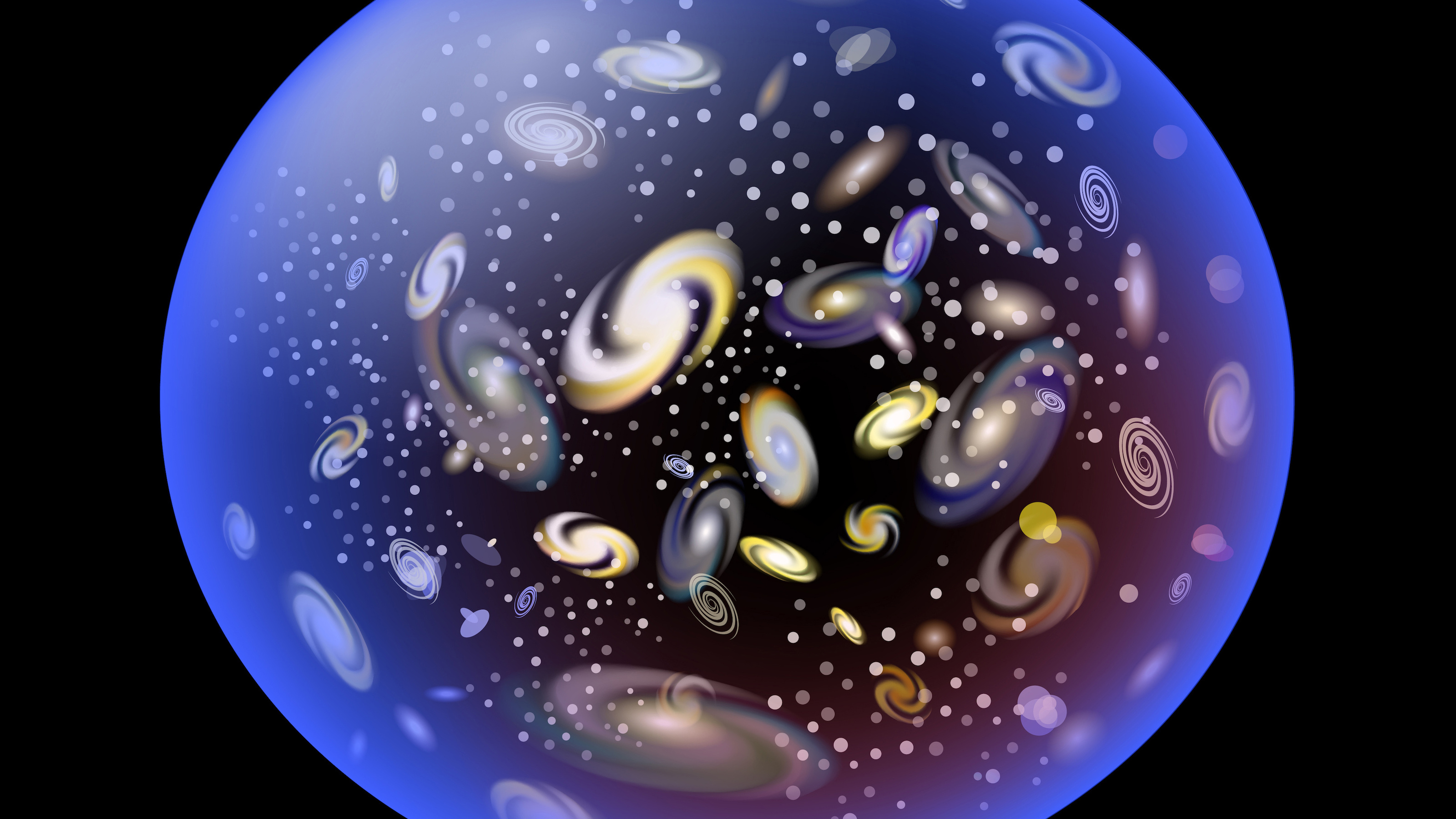Here in our Universe, time passes at a fixed rate for all observers: one second-per-second. Before the Big Bang, things were very different.
Search Results
You searched for: Computers
It may seem as though top performers are always on, but the secret to their success is taking the time to recharge.
A look inside Mindstate Design Labs’ effort to design drugs that reliably produce specific states of mind.
Historically, periods of mass flourishing are underpinned by technological revolutions. Currently, we are undergoing a technological revolution unlike anything the world has ever seen.
One of the most promising dark matter candidates is light particles, like axions. With JWST, we can rule out many of those options already.
When plans fall apart, adaptability can build something better.
“I want to change the way we think about the past altogether,” says Dr. Betül Kaçar, an astrobiologist who studies the origin of life.
Can ChatGPT help you power through writer’s block?
Does it have a deeper significance — or is it just a number?
In an age of high quit rates, struggling low-wage employees, and tone-deaf leadership, the call for “good jobs” makes great sense.
Yes, the Universe is expanding, but if you’ve ever wondered, “How fast is it expanding,” the answer isn’t in terms of a speed at all.
The Metaverse could be the most dangerous tool of persuasion humanity has ever created.
There are so many problems, all across planet Earth, that harm and threaten humanity. Why invest in researching the Universe?
Quantum mechanics has taught us that even empty space contains energy. “Negative energy” is the state of having less energy than empty space.
We have very specific predictions for how particles ought to decay. When we look at B-mesons all together, something vital doesn’t add up.
William Shatner is going to space because Jeff Bezos loves Star Trek.
Scientists have known blobs existed for a long time, but how they have behaved over Earth’s history has been an open question.
Far from being a “dead” pursuit that focuses on old ideas, modern philosophy proposes and debates important, new concepts. All of us can learn from it.
A scientist’s first-hand account shows the world can tackle a global environmental crisis.
The central equation of quantum mechanics, the Schrödinger equation, is different from the equations found in classical physics.
Much like computing technology, the Great Red Spot has been getting smaller and faster over the last few years.
The Kalam cosmological argument asserts that everything that exists must have a cause, and the “first” cause must be God. Is that valid?
A placebo-controlled study found that oxytocin seems to significantly reduce romantic jealousy among people in intimate relationships.
In his new book, the popular science writer tells the story of how scientists discovered the “gaseous ocean” we all swim in — and the trillions of invisible life forms we share it with.
The mutual distance between well-separated galaxies increases with time as the Universe expands. What else expands, and what doesn’t?
We don’t know when or how music was originally invented, but we can now track its evolution across space and time thanks to the Global Jukebox.
Research suggests that experience may matter more than innate ability when it comes to a sense of direction.
Flies are in no way smart, but they experience time in an almost Matrix-like fashion.
Glueballs are an unusual, unconfirmed Standard Model prediction, suggesting bound states of gluons alone exist. We just found our first one.
There could be variables beyond the ones we’ve identified and know how to measure. But they can’t get rid of quantum weirdness.
